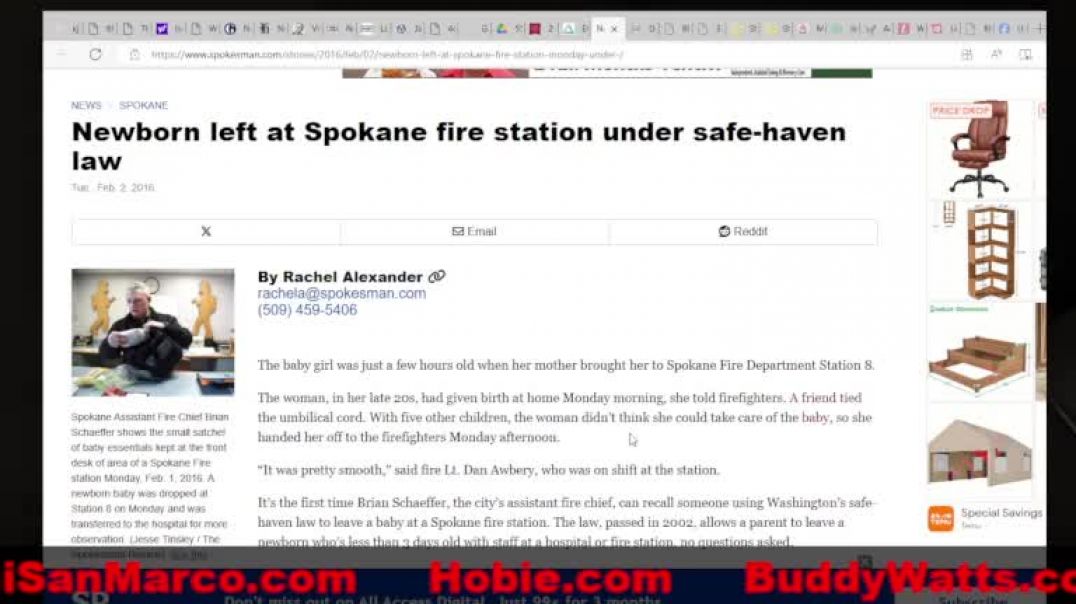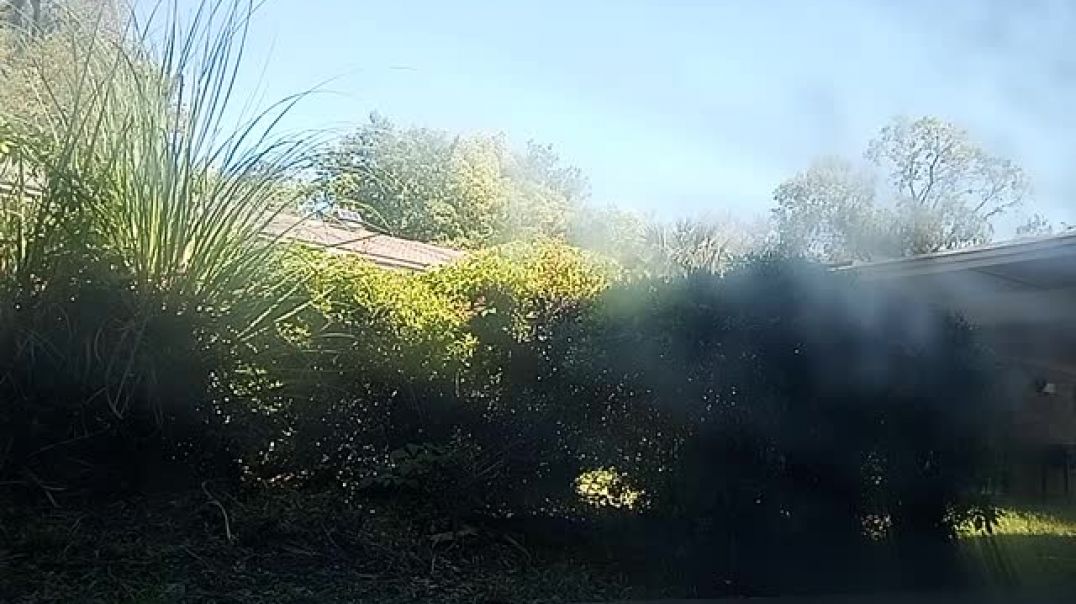Live streaming on Altcast.TV is now available!
THE HOAXBUSTERS 📺 SATURDAY 📆 APRIL 6, 2024
OG Jim Rizoli, Diane King, Dianna Ploss, [The Late Joe Rizoli]; uncle🕋murry sits in
https://tona13.blogspot.com/20....15/11/missing-13th-a
Missing 13th Amendment Found: “No Lawyers In Public Office”
Posted on October 30, 2015 by Sean Adl-Tabatabai in News, US
A missing 13th amendment to the U.S. Constitution has been found which says that no lawyers should be allowed into public office
The 13th Amendment to the Constitution of the United States has been altered from its original in order to fool the American public into accepting a government that is mostly illegally in office.
The information contained in the article below contains stunning revelations that the entire U.S. congress should be deemed illegitimate, after evidence that a clandestine plot to alter the U.S. Constitution has now emerged.
Themillenniumreport.com reports:
In the winter of 1983, archival research expert David Dodge, and former Baltimore police investigator Tom Dunn, were searching for evidence of government corruption in public records stored in the Belfast Library on the coast of Maine.
By chance, they discovered the library’s oldest authentic copy of the Constitution of the United States (printed in 1825). Both men were stunned to see this document included a 13th Amendment that no longer appears on current copies of the Constitution. Moreover, after studying the Amendment’s language and historical context, they realized the principle intent of this “missing” 13th Amendment was to prohibit lawyers from serving in government. So began a seven year, nationwide search for the truth surrounding the most bizarre Constitutional puzzle in American history — the unlawful removal of a ratified Amendment from the Constitution of the United States.
Since 1983, Dodge and Dunn have uncovered additional copies of the Constitution with the “missing” 13th Amendment printed in at least eighteen separate publications by ten different states and territories over four decades from 1822 to 1860. In June of this year (1991), Dodge uncovered the evidence that this missing 13th Amendment had indeed been lawfully ratified by the state of Virginia and was therefore an authentic Amendment to the American Constitution. If the evidence is correct and no logical errors have been made, a 13th Amendment restricting lawyers from serving in government was ratified in 1819 and removed from the U.S. Constitution during the tumult of the Civil War. Since the Amendment was never lawfully repealed, it is still the Law today. The implications are enormous.
The story of this “missing” Amendment is complex and at times confusing because the political issues and vocabulary of the American Revolution were different from our own. However, there are essentially two issues: What does the Amendment mean? and, Was the Amendment ratified? Before we consider the issue of ratification, we should first understand the Amendment’s meaning and consequent current relevance.
MEANING of the 13th Amendment
The “missing” 13th Amendment to the Constitution of the United States reads as follows:
“If any citizen of the United States shall accept, claim, receive, or retain any title of nobility or honour, or shall without the consent of Congress, accept and retain any present, pension, office, or emolument of any kind whatever, from any emperor, king, prince, or foreign power, such person shall cease to be a citizen of the United States, and shall be incapable of holding any office of trust or profit under them, or either of them.”
At the first reading, the meaning of this 13th Amendment (also called the “title of nobility” Amendment) seems obscure; unimportant. The references to “nobility,” “honour,” “emperor,” “king,” and “prince,” lead us to dismiss this Amendment as a petty post-revolution act of spite directed against the British monarchy. The U.S. modern world of Lady Di and Prince Charles, make anti-royalist sentiments seem so archaic and quaint, that the Amendment can be ignored.
Not so. Consider some evidence of its historical significance: First, “titles of nobility” were prohibited in both Article VI of the Articles of Confederation (1777) and in Article I, Sections 9 and 10 of the Constitution of the United States (1787);
Second, although already prohibited by the Constitution, an additional “title of nobility” amendment was proposed in 1789, again in 1810, and according to Dodge, finally ratified in 1819. Clearly, the founding fathers saw such a serious threat in “titles of nobility” and “honors” that anyone receiving them would forfeit their citizenship. Since the government prohibited “titles of nobility” several times over four decades, and went through the amending process (even though “titles of nobility” were already prohibited by the Constitution), it’s obvious that the Amendment carried much more significance for our founding fathers than is readily apparent today.
Read more at the above URL















![METH TEETH SATURDAY ⚠ [TROG LOCKER ROOM TALK]](https://s3.us-central-1.wasabisys.com/altcast1/upload/photos/2025/06/XGqm2dMAxD8u896auw6j_01_f73064f418a9ffdf8a92fb5d2d6147e0_image.jpg)


![GAZA GENOCIDE IN PALESTINE 28 APRIL 2025 [DISTURBING 💀 NSFL]](https://s3.us-central-1.wasabisys.com/altcast1/upload/photos/2025/04/3mgGBJzBhI4rd2Iw3oij_28_83e6e5803d952d12a15936db1de2decc_image.jpg)


